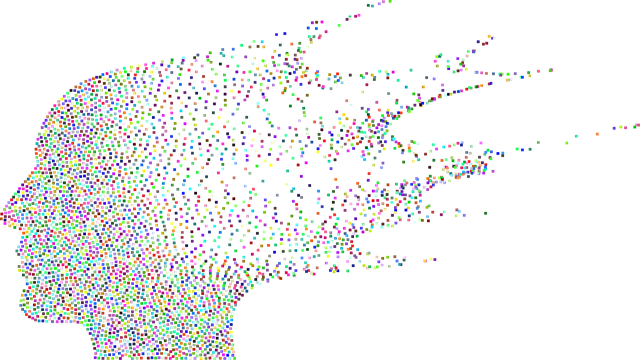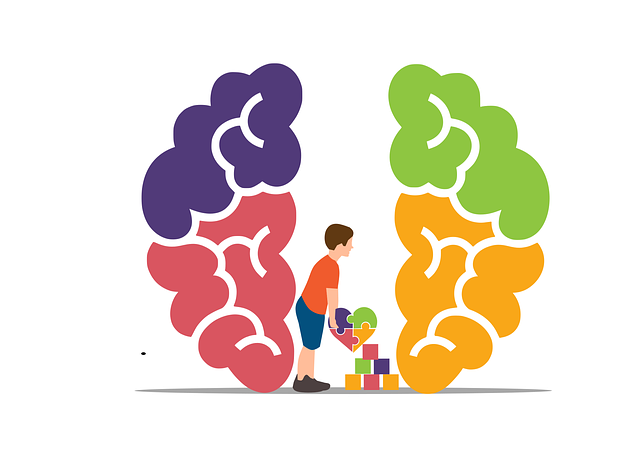Mental health professionals navigating complex cases and stigma face risks like burnout and secondary traumatic stress. To build resilience, they should engage in mental wellness journaling and self-care practices, crucial for handling volatile client situations. Northglenn Alcohol Abuse Therapy emphasizes continuous risk assessment, personalized strategies, and adaptability to non-linear recovery paths, fostering empathy and preventing professional exhaustion.
Mental health professionals (MHPs) face unique challenges that can impact their safety and well-being. This article explores comprehensive risk assessment strategies tailored for MHPs, focusing on understanding their distinct risks and potential threats. We delve into essential components of a robust risk assessment, effective mitigation techniques, and the importance of continuous monitoring in dynamic settings like Northglenn Alcohol Abuse Therapy. By implementing these strategies, MHPs can enhance resilience and foster healthier work environments.
- Understanding Mental Health Professional's Unique Risks
- Identifying Potential Threats to Safety and Well-being
- Essential Components of a Comprehensive Risk Assessment
- Strategies for Mitigating and Managing Identified Risks
- The Role of Continuous Monitoring and Adaptability in Northglenn Alcohol Abuse Therapy
Understanding Mental Health Professional's Unique Risks

Mental health professionals face a unique set of risks that are distinct from those in other fields. They regularly engage with individuals experiencing severe emotional distress, trauma, and mental illness, which can take an immense toll on their own well-being. The nature of this work often involves intense and emotionally charged interactions, leading to potential challenges like compassion fatigue, burnout, and secondary traumatic stress disorder (STSD). These professionals must navigate complex ethical dilemmas, manage highly sensitive information, and cope with the unpredictable nature of client crises.
Moreover, the stigma surrounding mental health issues can extend to the workplace, creating additional pressure on these experts. They may encounter resistance from clients who are hesitant to open up or face challenges in explaining the value of their work, especially in communities where Northglenn Alcohol Abuse Therapy and related services are not widely understood. Therefore, fostering self-esteem improvement and coping skills development is crucial for mental health professionals’ resilience. Encouraging them to engage in mental wellness journaling exercises can provide guidance for managing stress and maintaining personal boundaries while also offering a means of reflection and self-care.
Identifying Potential Threats to Safety and Well-being

Mental health professionals, like those offering Northglenn Alcohol Abuse Therapy, must be vigilant in identifying potential threats to their safety and well-being. These can manifest as a range of challenges, from emotional regulation issues among clients to the need for effective crisis intervention guidance. Since these professionals often deal with individuals grappling with addiction, trauma, or other mental health conditions, they may encounter highly volatile situations.
Therefore, robust communication strategies become paramount. Therapists must be adept at managing emotionally charged conversations while ensuring a safe and supportive environment. Regular risk assessment is crucial to identifying early warning signs of potential risks, allowing for proactive measures that can mitigate these threats. This involves continuous training in crisis management, emotional intelligence, and evidence-based communication techniques, such as those often incorporated into Northglenn Alcohol Abuse Therapy programs.
Essential Components of a Comprehensive Risk Assessment

A comprehensive risk assessment for mental health professionals involves several critical components that ensure a holistic understanding of potential risks and promote effective mitigation strategies. Firstly, it’s essential to evaluate the client’s historical and current mental health status, including any past or present diagnoses, treatment history, and relevant life events that might impact their psychological well-being. This includes assessing symptoms of conditions such as depression prevention and managing existing disorders, which is crucial for Northglenn Alcohol Abuse Therapy.
Additionally, the assessment should incorporate a thorough review of the client’s personal circumstances, such as relationships, employment, and living situation. Self-care routine development for better mental health is a key area to explore, as it can significantly influence an individual’s resilience against adverse events. By incorporating these factors, mental wellness professionals can create tailored interventions, ensuring clients receive the best possible support throughout their therapy journey.
Strategies for Mitigating and Managing Identified Risks

When mental health professionals identify risks within their practice or personal lives, implementing effective strategies for mitigation and management is paramount. These strategies include adopting robust self-care practices to prevent burnout and maintain emotional resilience. Regular participation in professional development programs, peer supervision, and collaboration with colleagues can foster a supportive network, enhancing resilience against potential stressors. Additionally, integrating evidence-based interventions into therapy sessions empowers professionals to support clients more effectively while mitigating risks associated with untreated mental health issues, such as Northglenn Alcohol Abuse Therapy.
Utilizing resources like the Mental Wellness Podcast Series Production and Emotional Healing Processes can provide valuable insights and guidance for both personal and professional growth. Engaging in mental wellness journaling exercises can offer a safe space for reflection, processing emotions, and identifying triggers, thereby promoting self-awareness and proactive risk management. These practices collectively contribute to creating a balanced and healthy work environment, enabling professionals to navigate challenges while prioritizing their mental wellness.
The Role of Continuous Monitoring and Adaptability in Northglenn Alcohol Abuse Therapy

In the dynamic field of mental health care, continuous monitoring and adaptability are cornerstones of effective treatment, especially in specialized areas like Northglenn Alcohol Abuse Therapy. This approach recognizes that the journey to mental wellness is rarely linear; individuals’ needs and challenges evolve over time. Therefore, therapists must remain agile, regularly assessing progress and adjusting strategies accordingly. By implementing this adaptive model, Northglenn Alcohol Abuse Therapy ensures that clients receive personalized support tailored to their unique circumstances.
Such monitoring involves not only tracking traditional treatment metrics but also fostering an environment where open communication is encouraged. This allows for the early identification of potential risks or setbacks, enabling therapists to intervene promptly. Moreover, adaptability incorporates empathy-building strategies, which are vital in preventing burnout among professionals while fostering deeper connections with clients. Through these dynamic practices, Northglenn Alcohol Abuse Therapy remains at the forefront of delivering compassionate and effective care.
Mental health professionals, like those at Northglenn Alcohol Abuse Therapy, face unique challenges that require tailored risk assessment strategies. By understanding their specific risks, identifying potential threats, and employing comprehensive assessments, practitioners can effectively mitigate and manage dangers to their safety and well-being. Continuous monitoring and adaptability are key to ensuring the best possible care for both professionals and clients, fostering a supportive and secure environment.














